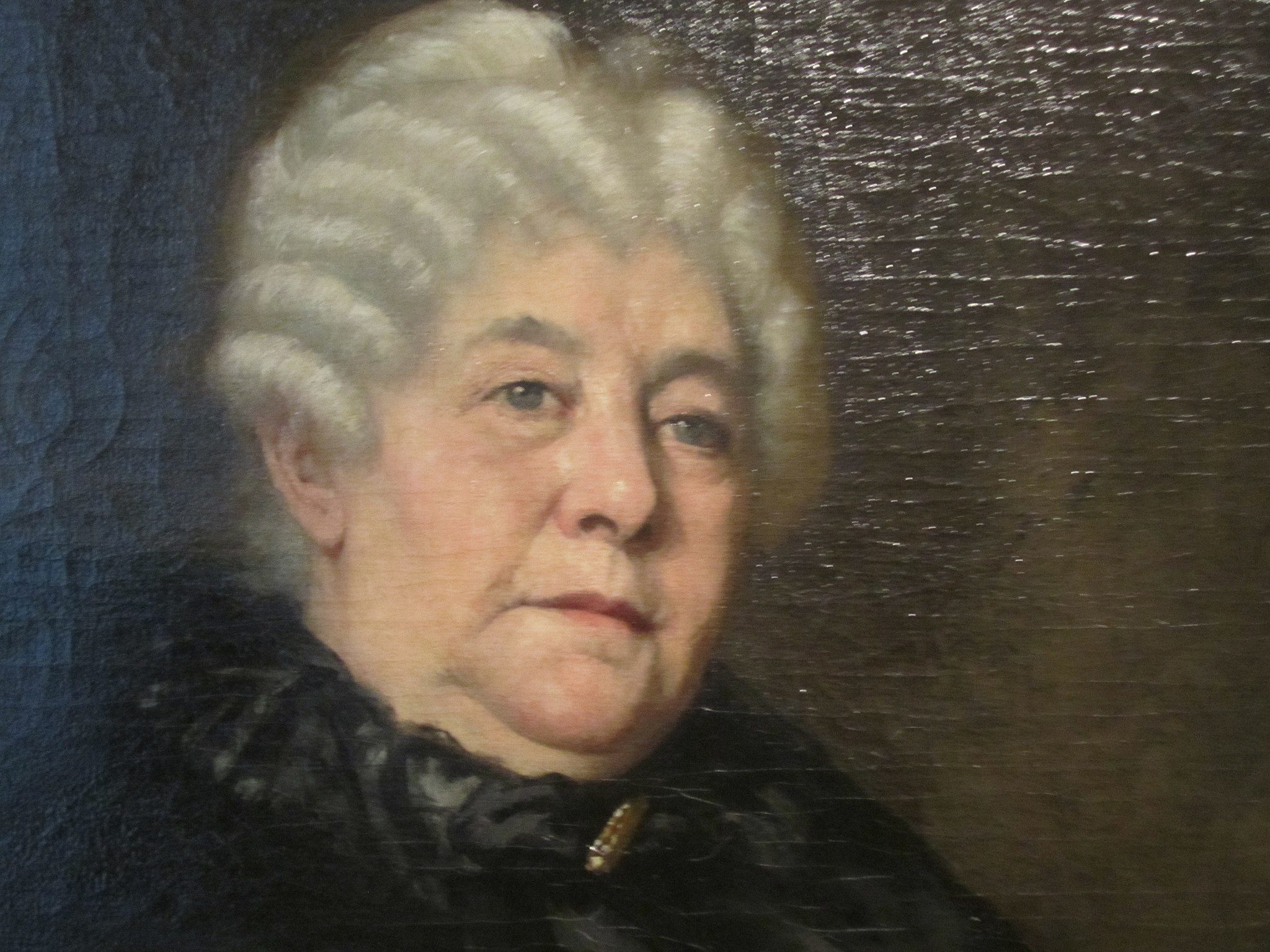 In 1848, when Elizabeth Cady Stanton drafted “The Declaration of Sentiments,” she was thinking about how to convince New York State policy makers to change the laws to allow women to vote. Stanton, seen in the image on the right, was making an argument.
In 1848, when Elizabeth Cady Stanton drafted “The Declaration of Sentiments,” she was thinking about how to convince New York State policy makers to change the laws to allow women to vote. Stanton, seen in the image on the right, was making an argument.
As you may have learned in other areas of the Excelsior OWL, some consider all writing a form of argument—or at least persuasion. After all, even if you’re writing a letter or an informative essay, you’re implicitly trying to persuade your audience to care about what you’re saying. But, formal argument in academic writing is something specific.
You may have been assigned persuasive essays in the past but didn’t have to use a formal argumentative structure. It’s important to note that some professors differentiate persuasive writing and argumentative writing. Persuasive writing serves as a broader term for any kind of persuasion, and argumentative writing generally serves as a more specific term for a type of writing that follows certain argumentative structures. It focuses on certain types of evidence and relies heavily on logic and specific rhetorical strategies.
This area of the Excelsior OWL will prepare you for the kinds of argumentative pieces you will be required to write for your college classes, whether these texts are formal essays, presentations, or policy proposals.
Before you get started with this area, keep in mind that argumentative writing and critical thinking skills can also help you after you graduate from college. Understanding how to appeal to your audience and present evidence logically and clearly will make you valuable to your employer, your colleagues, and your community. The skills you learn in college about writing clearly and arguing effectively can have a direct impact on your future. After all, according to national surveys, writing skills are extremely important in hiring and promotion considerations in American companies. Employers consider clear writing a sign of clear thinking (National Commission on Writing, 2004).
With that in mind, let’s explore some lessons in argumentative writing and critical thinking that can help you in your college classes and beyond.
